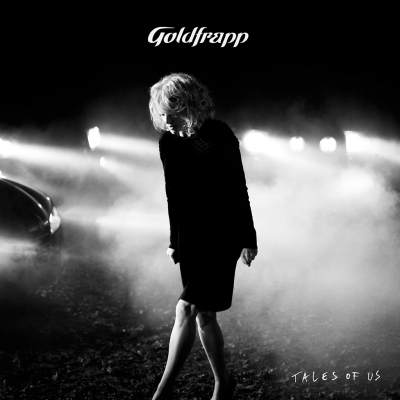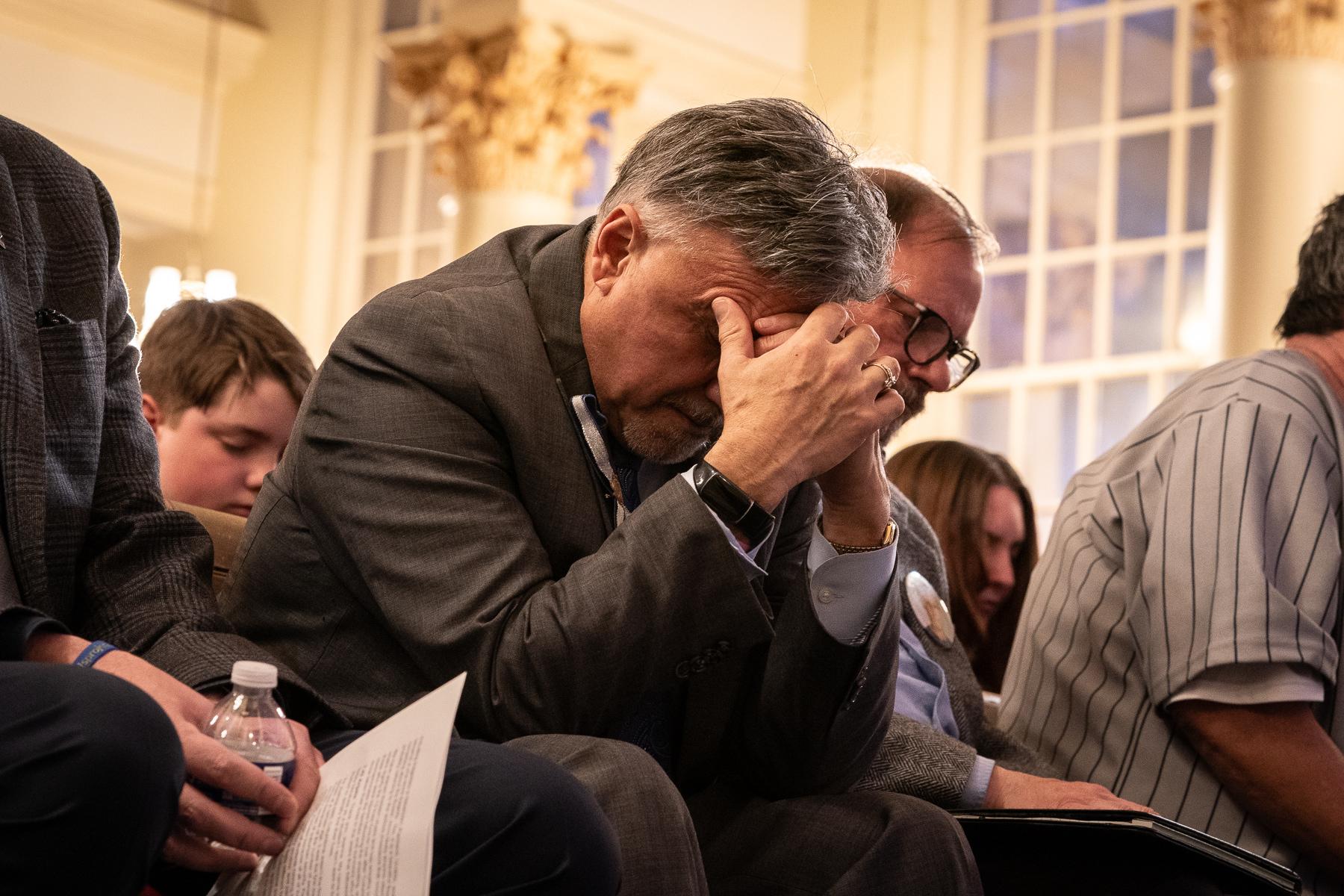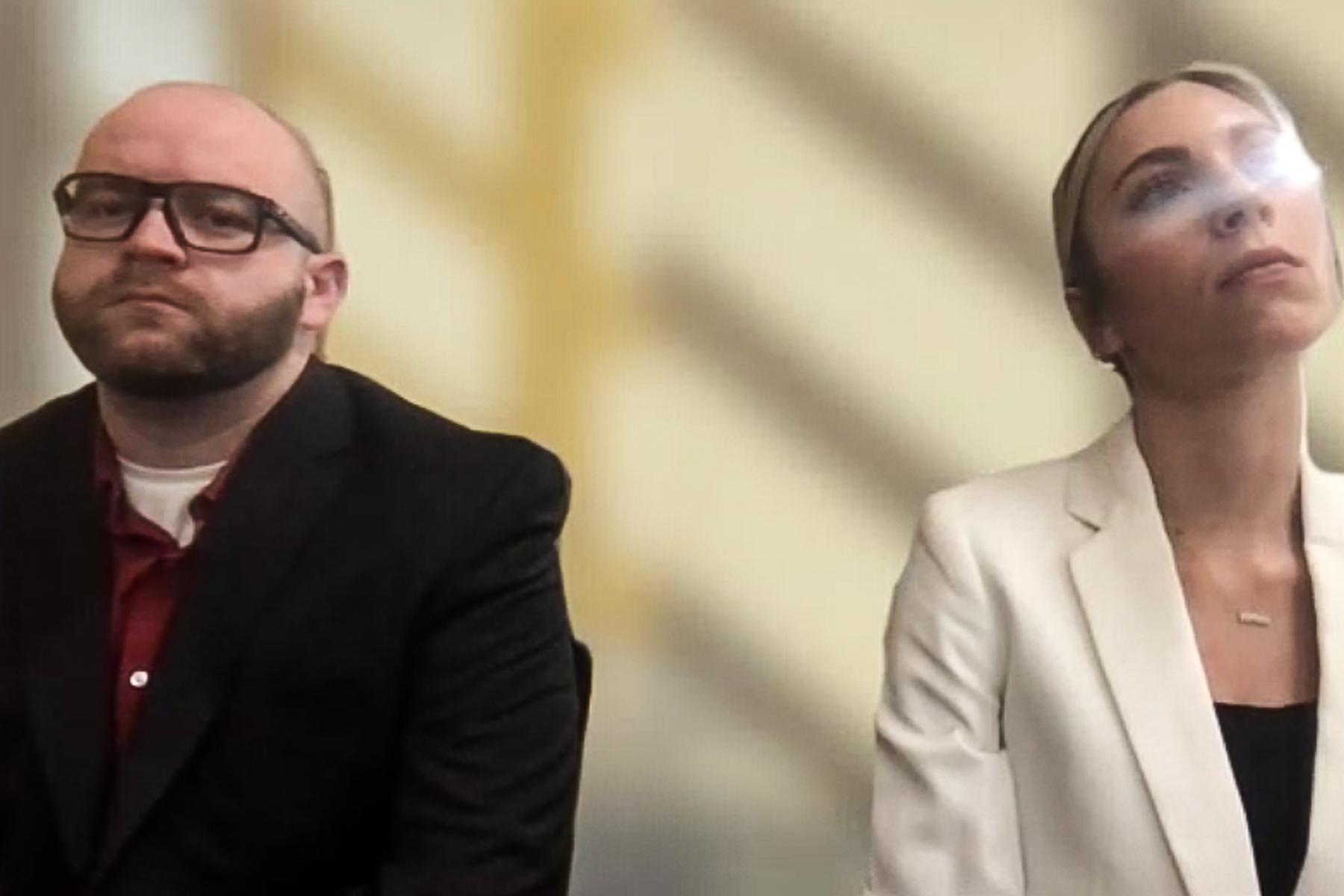

Goldfrapp’s latest album Tales Of Us is very similar to a movie soundtrack. It is a tale of electronic melancholia, where the listener is submersed in orchestral waters, only occasionally surfacing to experience crackles of lo-fi. Such a waterlogged feeling causes the album to blend, somewhat painfully, into one long song. The only real attempt at respite comes in the track list, where Goldfrapp tries to differentiate songs by naming them after characters in their story. However, the only character the album truly takes the time to develop or to meet is “Annabel”.
Goldfrapp put a lot of importance on this single. It is the first song from the album accompanied by a video, and with the combination of this visual element the listener is able to gain more of an insight to the full album. The melody wanders with this child, Annabel, solitarily, through scenes of their life. Clues of the song’s underlying message, that perhaps wouldn’t have stood out in the lyric’s bare descriptions become more clear. We are able to see pictures and toys of dolls with various and changing anatomy paired against the image of Annabel’s androgynous sexuality. The visual element works to further develop a sense of isolation, creating depth, and begging a more overt question of gender and sexuality. Unfortunately, the listener must experience the audio and video elements together to gain the majority of the song’s meaning.
You may think at this point that Goldfrapp made a political album about being transgendered, or questioning sexuality in general… but they haven't. The theme of sexuality is revisited once, briefly in the song, “Stranger”, and the rest of the album really has no clear meaning or relation to those two songs. You are left with a consistent feeling of unexplained melancholia, within a melody that doesn’t build or vary.
It seems like with this release Goldfrapp was attempting to create an electronic response to folk music. They rested the weight of the album on its storyline instead of on its individual songs. I applaud Goldfrapp for attempting such an innovation with Tales of Us, but ultimately, it feels like they bit off more than they could chew. They’ve almost entirely lost their trip-hop element, and instead have taken on the sound of a movie score without really providing a movie.









